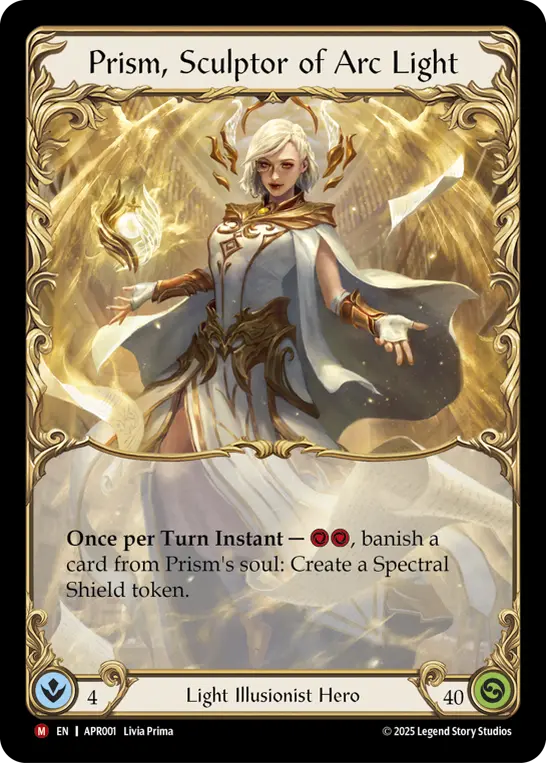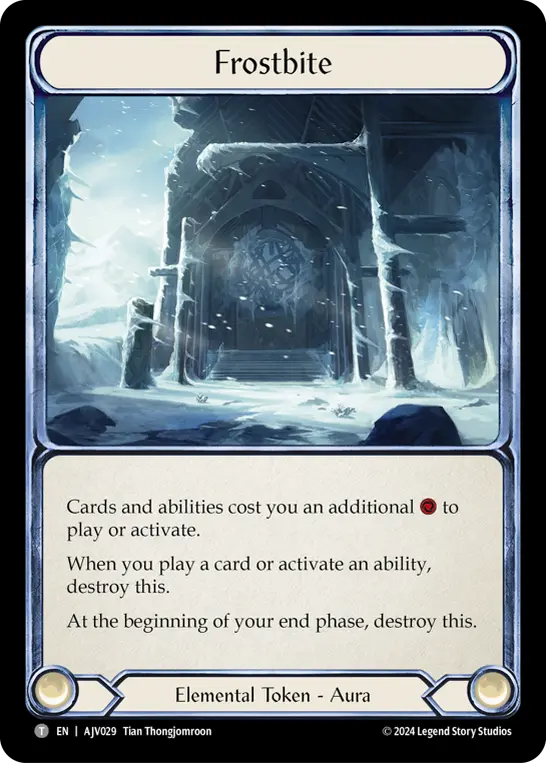Azalea is a toolbox hero, apt at disruption and control while moving the game forward at the pace of an aggro deck. She's, perhaps, the most difficult hero in the game to truly master; and even once you've learned her strategies and lines of play inside and out, the fickle requirements inherent to the Ranger class mean you're playing your worst case turns as often as your best case turns. The outcome of many Azalea games comes down not to how your perfect hand came together, but how you improvised the imperfect ones.
If it were as easy as all that, Azalea would have Living Legend points by now. She has a loyal following among the player base, and many highly skilled players have put forth refined decklists with plenty of expertise and testing behind them. As one of the 'original 8', she's had ample time to claim a major tournament victory.
The reason she hasn't yet isn't a flaw in her design. In fact, it's precisely because of her design. Azalea is built around countering strategies- with prejudice. And when the right strategies come to the fore of the meta, Azalea has the potential to spike any event.
Fellow Azalea fans, that time is now.
The Metas of the Past
We can't talk about 'why now?' without getting into 'why not then?' So let's backtrack and talk about the dominant heroes of the past, and how they've kept Azalea in the shadows.
First, there was Dash- specifically, a control Dash who was happy to block out into the late game before pressuring you with repeated Pistol shots. This deck went heavy on defense reactions, and aside from Red in the Ledger, wasn't bothered much by the hit effects Azalea was threatening. (In fact, Arcane Rising played it rather conservatively with Ranger on-hits, which explains why few of the arrows from that set make modern decklists.)



Dash was dominant, but her run was short-lived, as Monarch introduced two strong heroes who have shaped the competitive landscape ever since: Chane and Prism. Azalea might actually have developed into an effective counter to Chane, due to a number of arrows tailored toward disrupting wide, aggressive decks; but the simultaneous presence of Prism put her in an awful spot. At the time, Ranger lacked an in-class 6 attack, and incorporating them into the sideboard solely for the Prism matchup taxed her ability to specifically target other classes. (It was only later that Prism moved toward an aura build; the movement away from aggressive heralds gave Azalea more breathing room.)


Tales of Aria looked like it may have great things in store for Azalea, but instead provided a rival in the form of Lexi. The Ranger card pool received some essential new tools, but Lexi was simply using them better, leaving Azalea behind. Additionally, the Ice talent significantly increased the number of cost-taxing effects to the game, forcing Azalea players to adapt from a largely red-pitch strategy to one that could withstand some Frostbite.


I hardly need to mention the Everfest meta. While Azalea's arsenal was completely reshaped by EVR's additions to the Ranger card pool, the rise of Bravo, Star of the Show put everyone on watch. Azalea's disruption game was arguably well positioned against Starvo- Fatigue Shot was the key here- the consistency of the Elemental Guardian was just too punishing on Azalea's inevitable off-turns. The Everfest meta eventually settled into a triangle of decks that included Prism as well, so Azalea packed it up and went home again.

Starvo is now retired from Classic Constructed, as is Chane. Prism is knocking on the door of Living Legend herself. And as I scour the battlefield, I see an opportunity.
The Uprising Meta
Until recently, the Uprising meta has been defined by Fai, Rising Rebellion. Conventional TCG wisdom holds that in a new meta, the aggro deck is the first to find success, and that proved true for our new Draconic Ninja. Foregoing defenses, Fai recklessly pushes forward with wide chains of attacks that gain value as they unfold.

Meanwhile, Prism is taking her final bows, and players are beginning to shift away from her, focusing their time on learning a new deck before her inevitable exit from CC. In her place, many have make a logical move to the Draconic Illusionist, Dromai, who fuels her attacks with red pitches and red plays.

Kano had a moment just before Uprising's release, but math continues to be the biggest barrier to widespread Kano play as those interested in Wizard turn to Iyslander instead. Specializing in disruption and, in particular, cost increases, Iyslander is a formidable opponent to heroes who would otherwise skirt pitching altogether.

From the prior season, Briar is still a force to be reckoned with, fueled by Channel Mount Heroic and an array of cheap attacks. Oldhim and Bravo are doing their best to carry on the Guardian archetype in the absence of its ultimate form. And Viserai continues to prove there's a place in the world for talentless Runeblades.



In sum, this is a meta of efficiency and speed, of aggression or a targeted effort to disrupt that aggression. Attacks are blocked only when they must be, and if cards are pitched, every resource is used.
It's an ideal meta for a disruption deck.
The Ace in the Hole
Azalea's specialty is having an arrow to answer every problem. And over the years, she's amassed a number of answers. It's gotten to the point where her very best arrow (and arguably one of the strongest specializations in the game)- Red in the Ledger- is now a sideboard card.

But it's one thing to have counter cards in your deck, and quite another to have them when it counts. Azalea has multiple ways to tutor an arrow, but always to the top of her deck. That's where Azalea's ability to pull from the top deck becomes so valuable. In fact, having the right arrow on top of your deck is significantly better than having it in hand, as you'll now be firing that arrow with dominate. Combined with a deep pool of card buffs, you can essentially guarantee that your important on-hit effects connect.
To see the kind of impact that can make, let's circle back to Red in the Ledger. This card goes beyond removing go again and instead strictly says, "you can't activate more than 1 action". Deliver that arrow, dominated, to Fai, Briar, Dromai, or Viserai, and their next turn is neutralized. Recur that arrow, or search out another copy, and you can potentially keep them locked out of their wide strategy for the entire game.


Iyslander's cost-taxing effects can be a major impediment- especially Channel Lake Frigid, as we take multiple actions per turn to fire a single arrow. But we've worked on improving our pitch curve since TOA first challenged that aspect of the build.
Guardians remain the biggest challenge to our deck. (A case could be made for Prism filling this role, but we're capable of racing her and can even find her on her back foot when she's drawn too many non-blocking Instants.) Fatigue Shot is extremely important for surviving long enough to close this match- though dodging pairings with Bravo and Oldhim remain your best odds!
Let me be clear: a run to the top with Azalea is not easy, nor is it your most likely path to victory! But if you've wanted to play Azalea, this moment looks to be as good as she may get for a while. Azalea is an extremely skill-testing deck, and I swear by a decklist that's largely in the sideboard. Tech specifically for each matchup, and you'll be more likely to draw into that perfect shot; then recur and repeat it.
Here's my decklist, along with a sideboard guide, to inspire you. Mess with it, adjust it to your local meta, and make it your own!




